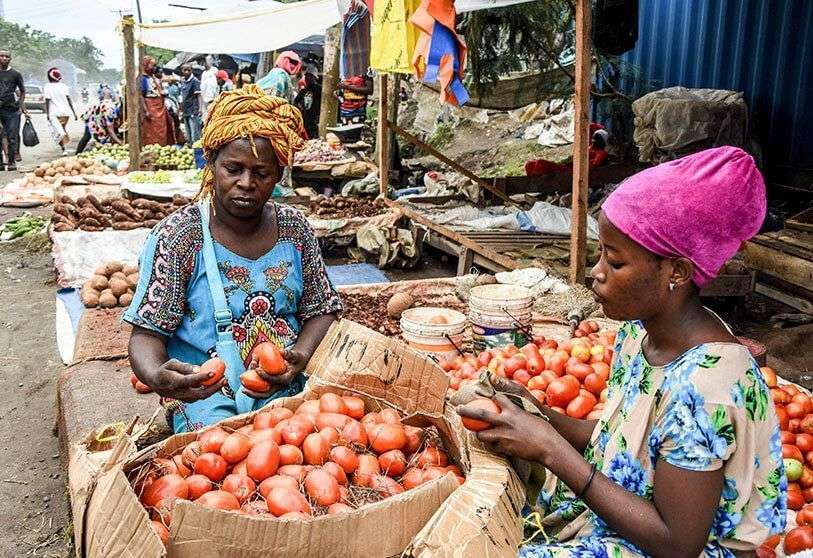Consumers in the Middle East and North Africa expect significant lifestyle changes in the wake of the crisis

The latest Future Consumer Index report published by professional services firm EY reveals that 69% of consumers surveyed in the Middle East and North Africa region believe that their lifestyle will change significantly in the long term as a result of the coronavirus pandemic. The health and economic crisis is not yet over, but both businesses and consumers in the region have overcome at least its initial impact and are trying to adapt slowly to the new routine.
In fact, 84% of consumers surveyed for this study say they have shifted their purchasing choices towards an approach where the relationship between quality and price is more valuable, and where commitment to locally manufactured products is much more important. Many of the buyers are adopting these values for the first time; there is also an increased interest in healthier products and 67% of the respondents’ plan to reduce their spending on non-essential goods.

This trend towards frugality and cutbacks is greater than in other regions, with only 9 per cent planning to "return to normal" once the crisis is over, compared to 40 per cent globally. While there has already been a relaxation of restrictions to control the pandemic in major markets, consumers in the region are still reluctant to return to their former COVID-19 activities and only 26% of those interviewed say they are comfortable going to a shopping centre. The consultant notes that this increased concern about health, hygiene, value for money and waste are characteristics of an "anxious" consumer, but hopes that "these concerns will be alleviated as time passes and organisations take the necessary action to help the consumer feel safe".
However, the authors of the study also stress that this 'anxiety' observed in the latest index will have a lasting impact and identify five new consumer segments following the transformation of markets caused by the pandemic. Two of these would correspond to those who will focus on health and its potential ("health first" with 29% of consumers in the region, and "affordability first" with 25% of the total).
Two other segments would focus on environmental and social concerns ("planet first" with 17% of consumers and "society first" with 20%). The last segment would identify those who will focus on living in the moment and taking advantage of each experience ("experience first", which would only account for 9% of consumers). In this regard, EY's Consumer Affairs Officer for the region, Ravi Kapoor, stressed that they expect health and household concerns to decrease as individuals, communities and economies recover, but not to disappear entirely. As consumers allow new priorities and circumstances to guide their purchasing habits, organisations will need to consider efficiency versus the need to further develop the skills that will lead to growth.

"Many organizations responded to the COVID-19 crisis with a degree of speed and innovation they probably wouldn’t have thought possible a few months ago. But they still need to work out how to serve a more health-conscious and value-conscious consumer," noted Ravi Kapoor. "While some believe they already have the right portfolio, marketing, and supply chain in place, few are resilient enough to deliver against these heightened expectations. Furthermore, investors and other stakeholders have become much more interested in whether a company’s behavior lives up to its promises, vague assurances will no longer be enough." the manager concluded.








